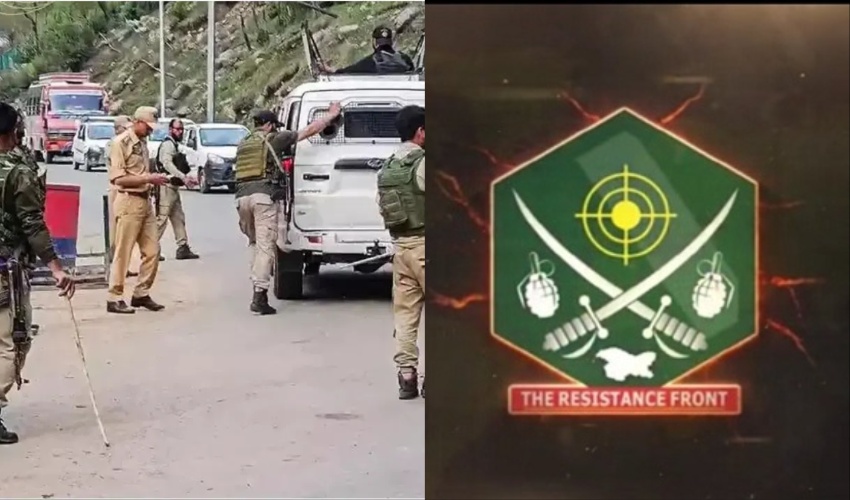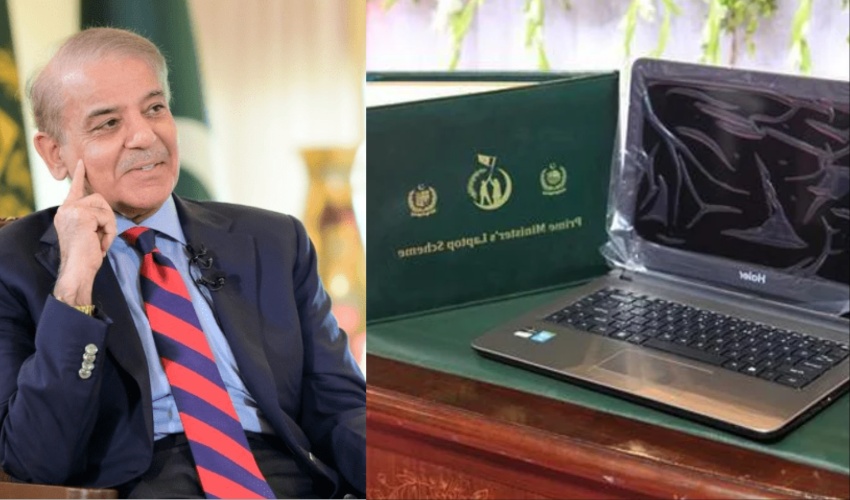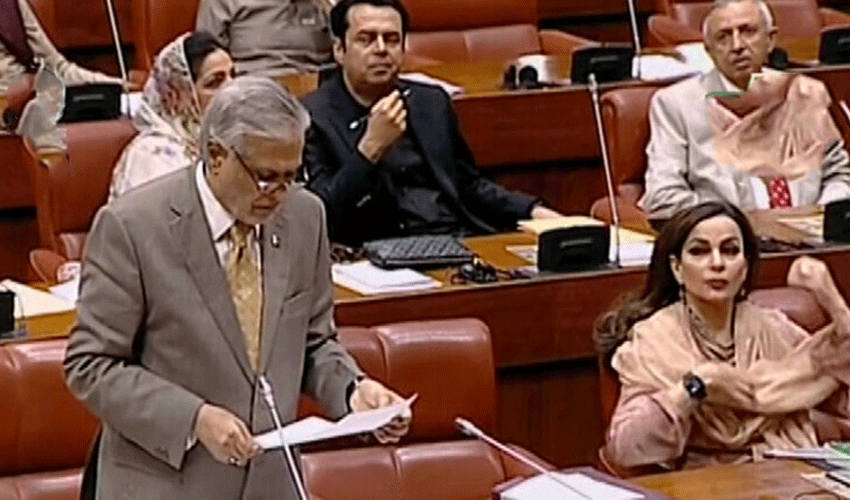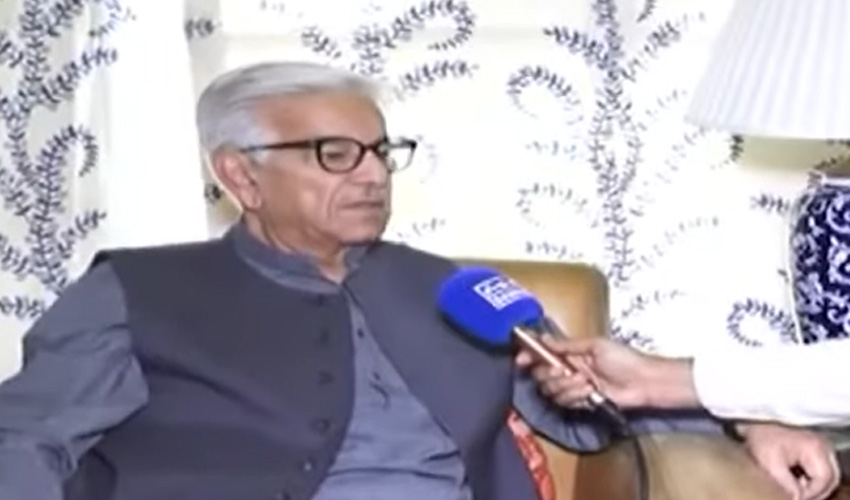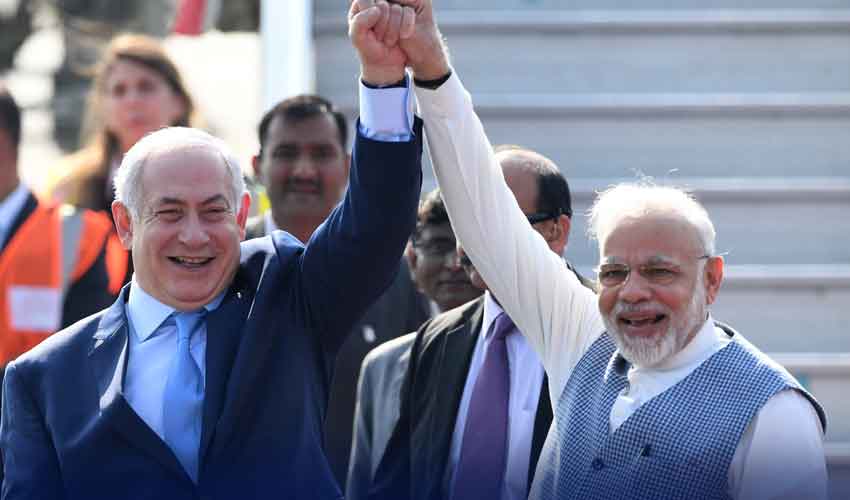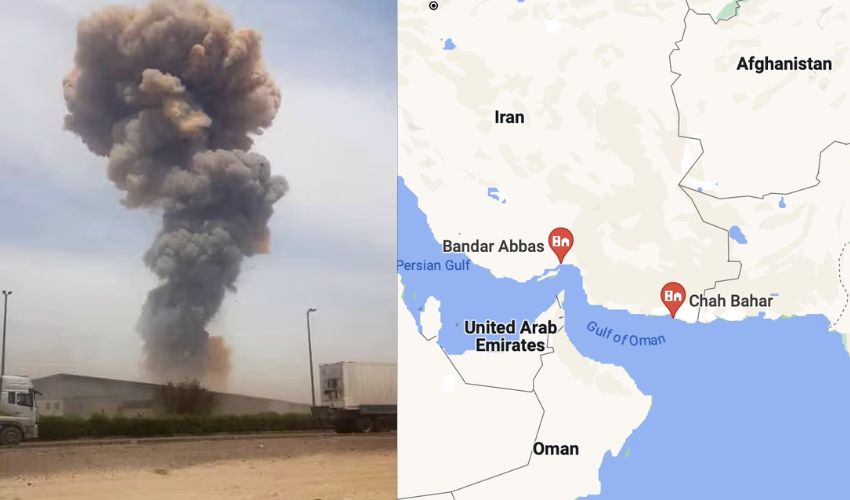The Resistance Front (TRF) has vehemently denied any involvement in the deadly attack on tourists in Pahalgam, Kashmir.
The group, which has been a key player in the Kashmiri resistance movement since its formation in 2019, described the allegations as “false, hasty, and part of an orchestrated campaign” aimed at discrediting the legitimate Kashmiri struggle for self-determination.
The statement, which appeared on the group's Telegram channel, claimed that shortly after the Pahalgam attack, an unauthorized message was posted from one of its digital platforms.
TRF has stated that a cyber intrusion led to the erroneous claim of responsibility, pointing fingers at a sophisticated digital attack — a tactic commonly associated with India's state-backed cyber warfare operations.
The group has announced that an internal investigation is underway to trace the source of the breach, with initial signs indicating that the Indian state’s digital apparatus was behind the intrusion.

"This is yet another attempt by India to tarnish the image of the Kashmiri resistance and divert attention from the ongoing oppression in the region," the statement read, accusing Indian agencies of conducting a false flag operation aimed at framing the TRF for the attack. The Resistance Front has called for an independent inquiry into the incident, demanding the international community investigate the cyber attack and the involvement of Indian intelligence agencies in such covert operations.
The attack, which took place on a sunny afternoon in the Baisaran meadow of Pahalgam, claimed the lives of at least 26 tourists and left several others wounded. Gunmen, allegedly emerging from nearby forests, opened fire on the tourists, sparking a wave of shock and anger across India. While the TRF initially appeared to claim responsibility through digital channels, it was quick to deny the act after the hacking of its platforms came to light.
According to TRF, the attack was part of India’s broader strategy to vilify Kashmiri resistance movements by linking them to attacks on civilians. The group has accused India of fabricating such claims to deflect attention from the more significant and long-standing issue of Kashmir’s unresolved political status and the brutal crackdown on its people since the revocation of Article 370 in 2019.
The statement further highlighted the Indian government's ongoing efforts to alter the region's demography, with the controversial extension of domicile rights to non-Kashmiris, which the TRF argues is an attempt to erode the region's Muslim majority. TRF’s position against the settlement of “outsiders” in Kashmir has been a central theme of its messaging, framing it as a fight for the preservation of Kashmiri identity against India’s settler-colonial agenda.
Security experts, however, remain divided on the TRF’s claims, with some arguing that the group's statements about a false flag operation could be a diversionary tactic.
Nonetheless, the group’s allegations against India’s intelligence agencies echo long-standing suspicions regarding the use of covert operations to further India's political agenda in Kashmir.
The Indian government, while continuing to blame Pakistan-based groups for the attack, has yet to provide concrete evidence linking the TRF or any other organization to the assault. In the wake of the attack, Indian security forces have ramped up their operations in the region, placing the blame squarely on Pakistan, further intensifying tensions between the two nuclear-armed neighbors.
The TRF’s denial has only added fuel to the already volatile situation in Kashmir, with increasing calls for an international investigation into the attack and the broader issue of India’s actions in the disputed region. As the political and security situation remains tense, many are calling for a neutral, independent inquiry to determine the true perpetrators behind the deadly assault in Pahalgam.
FIR unveils Modi govt’s Pahalgam false flag drama
The First Information Report (FIR) filed in connection with the Pahalgam attack has revealed what many are now referring to as the Modi government's false flag operation.
The FIR, lodged at the Pahalgam police station, has revealed startling details that raise serious doubts about the authenticity of the incident, indicating it may have been pre-planned.
According to security sources, the Pahalgam police station is located about six kilometers away from the site of the incident. The FIR states that the attack began at 1:50 PM and continued until 2:20 PM, with the FIR being filed at 2:30 PM—remarkably, just 10 minutes after the incident's conclusion. This rapid filing of the FIR suggests that the authorities had already prepared the narrative in advance, pointing to a well-coordinated plan.

Moreover, the FIR quickly names "unknown cross-border terrorists" as the perpetrators, aligning with the pre-determined narrative pushed by the Indian government and media. While Indian officials and media outlets claimed it was a targeted killing, the FIR describes it as a case of indiscriminate firing, adding to the confusion surrounding the incident. In addition, terms like "under the guidance of foreign masters" were swiftly inserted into the report, further indicating the intended direction of the investigation.
The release of the FIR has thoroughly discredited the Modi government’s version of events, revealing it as part of a broader deception. What was initially presented as a targeted attack has now been exposed as a poorly executed false flag operation, with the FIR providing the key evidence.





